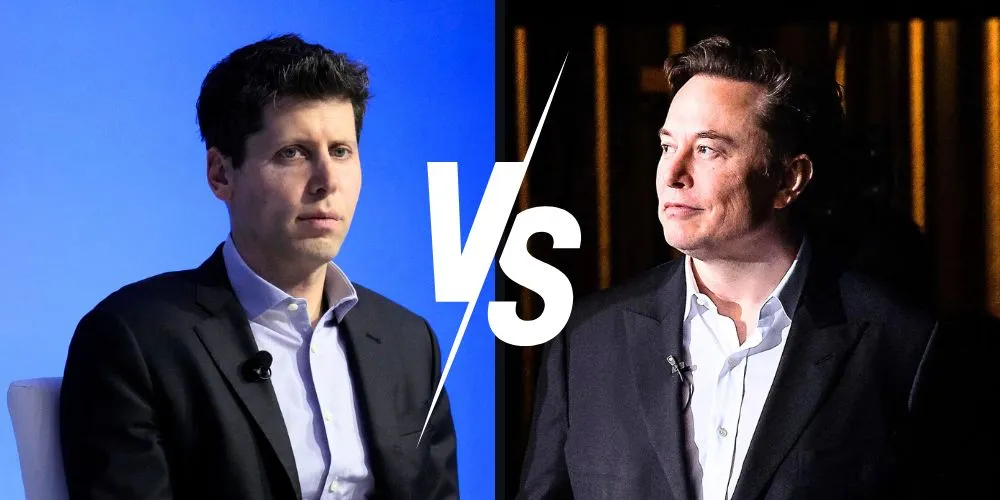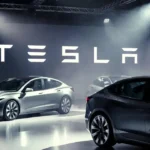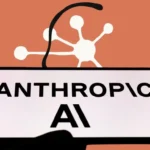Key Points
- A U.S. court denied Elon Musk’s preliminary injunction to block OpenAI’s shift to a for-profit model.
- Judge Yvonne Gonzalez Rogers ruled Musk had not met the high burden required for an injunction.
- Musk’s lawsuit claims that OpenAI deviated from its nonprofit mission after his departure. The judge is prepared to expedite a trial on the issue later this year.
- OpenAI and its backer, Microsoft, remain committed to the for-profit conversion to secure the necessary capital for AI development.
A U.S. court in Oakland, California, has denied billionaire Elon Musk’s request for a preliminary injunction to halt OpenAI’s transition from a nonprofit to a for-profit entity. U.S. District Judge Yvonne Gonzalez Rogers ruled on Tuesday that Musk had not met the “high burden required for a preliminary injunction” to stop the conversion process. Although the judge declined to grant the injunction, she indicated her willingness to expedite a trial later this year.
Musk, who co-founded OpenAI with Sam Altman in 2015 before leaving to start his competing AI venture xAI in 2023, filed a lawsuit against OpenAI and Altman last year. His lawsuit claims that the founders initially approached him to help fund a nonprofit developing AI for the public good. Still, instead, OpenAI shifted its focus toward profit-making. In December, Musk expanded his legal claims to include federal antitrust allegations and other charges, and he subsequently requested a court order to prevent the organization from converting to a for-profit model.
Musk’s lawyer, Marc Toberoff, expressed satisfaction with the judge’s decision to expedite the trial, stating that it paves the way for a jury to evaluate the core claims. “We look forward to a jury confirming that Altman accepted Musk’s charitable contributions knowing full well they had to be used for the public’s benefit rather than his own enrichment,” Toberoff said.
OpenAI, which is in the process of transitioning to a for-profit entity to secure the capital needed for advanced AI development, welcomed the court’s decision. The company maintains that the conversion is necessary to remain competitive and continue innovating. Meanwhile, Microsoft, a key backer of OpenAI, did not immediately respond to requests for comment.
The case highlights the deep divisions in the tech industry over the direction of AI development and the role of profit in driving innovation. While Musk argues that the shift undermines the nonprofit mission originally envisioned for OpenAI, supporters of the conversion contend that the for-profit structure is essential for raising funds in a rapidly evolving market. The trial, which is expected to be fast-tracked later this year, will likely have significant implications for the future of AI development and the broader debate over ethical profit-making in the technology sector.




